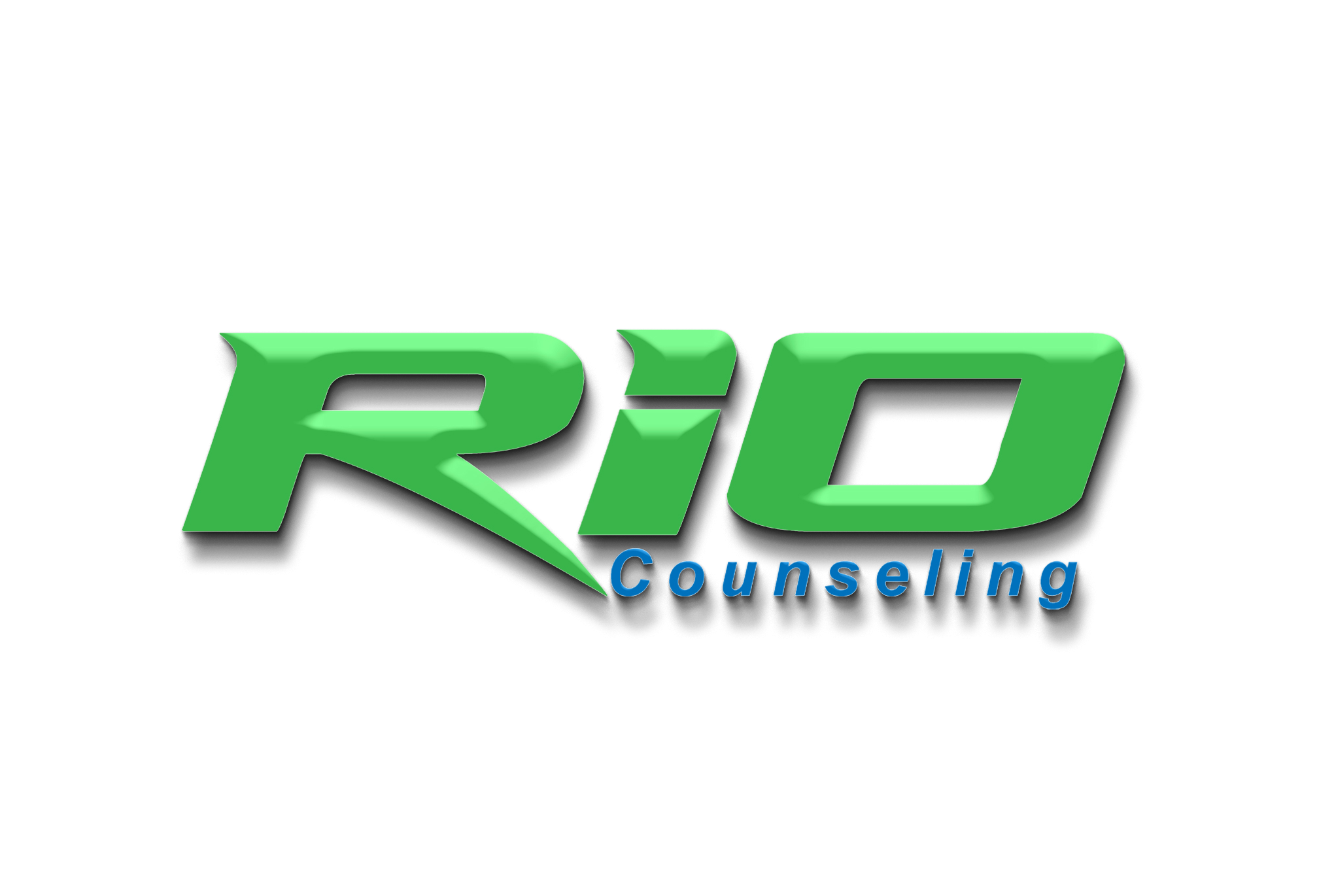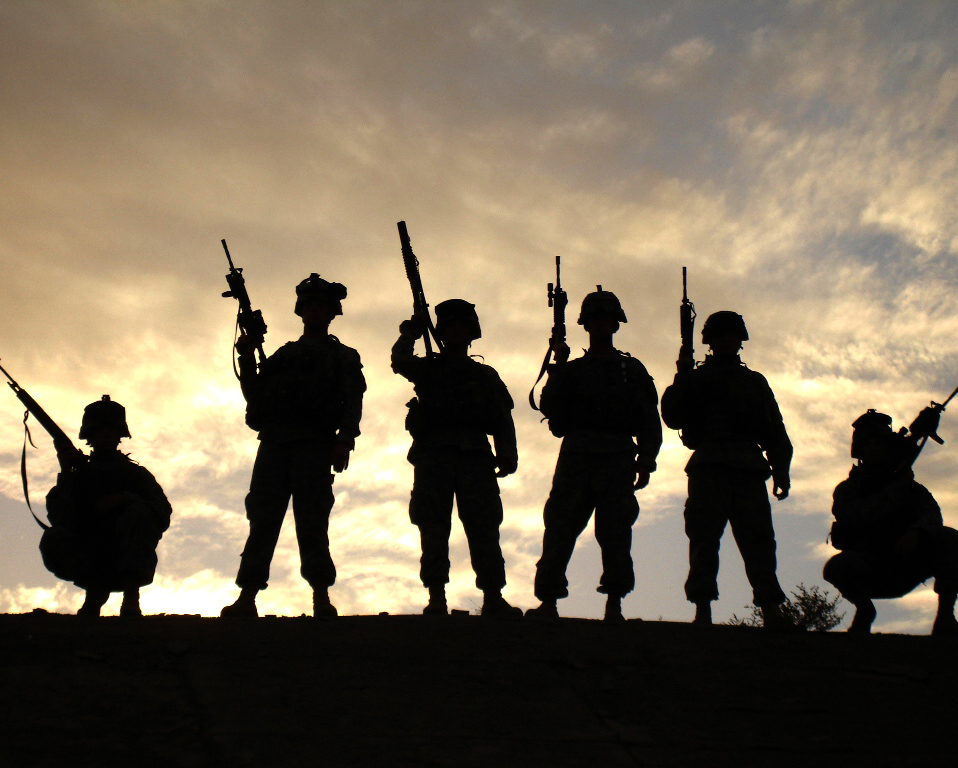
Moral Injury is not a DSM diagnosis but is gaining traction within the VA. Most treatments for PTSD focus on what can be called life-threat trauma. But what about events that don’t fit the traditional definition of a traumatic event? Those events still carry significant moral and ethical implications.
When considering what might cause a moral injury, let’s look at some statistics (from 2003 and 2004) about those returning from Iraq and Afghanistan:
- 52% of soldiers and Marines reported shooting or directing fire at the enemy
- 32% were directly responsible for the death of an enemy
- 65% saw dead bodies or human remains
- 31% handled or uncovered human remains
- 60% reported seeing ill or wounded women and children they were unable to help
Research has shown that exposure to human remains is one of the most consistent predictors of long-term distress. Consider that statement and re-read the above statistics.
If moral injury is ever included in the DSM, it will probably include the word disorder. That’s unfortunate. I suspect the word injury was selected because the definition represents “harm done to or suffered by an individual”. That doesn’t carry the same stigma as a psychological disorder. Many veterans would be much more comfortable discussing their “injury” instead of talking about a “disorder”.
While symptoms of PTSD and moral injury often overlap, they are not the same. Common emotional and behavioral responses to moral injury include:
- shame, guilt and/or anxiety
- anger (about betrayal-based injuries)
- alienation, loss of purpose, and/or social instability
- withdrawal and self-condemnation
- self-harming (suicidal ideation or attempts)
- self-injurious behaviors (alcohol or drug use, sabotaging relationships, etc.)
Jonathan Shay is the psychiatrist who coined the term moral injury. He has been using the term since the middle 1990’s. He has also recommended ways the military may be able to reduce the impact of moral injury.
- Send troops into and bring them out of danger as a group
- Better training and support for troop leaders
- Make training “prolonged, cumulative and highly realistic”
Here’s a video of Dr. Shay discussing moral injury:
Clinical trials are now underway for a couple of different counseling options to treat moral injury. The treatments are designed to be used along with existing counseling interventions. I’d be very interested to hear if anyone has any experience or success in this area.
While the situations are obviously different, I’ve met many recovering substance users who’ve experienced similar problems. The activities they’ve engaged in during the course of their addiction can often leave them feeling a profound sense of shame and alienation. Then there are those involved in gang activity and/or serving long periods of incarceration. Could the concept of moral injury be applicable to those populations? As always, I look forward to the thoughts and comments from others.



4 thoughts on “Moral Injury: Beyond PTSD”
I think that the term “moral injury” is an accurate and a complete description of what trauma survivors go through. Suffering trauma affects and injures the soul in the deepest possible ways. Moral injury involves the human triangle: the person’s mind, body, and soul. Addressing the SPIRITUAL aspect of military trauma, is an absolute, and any treatment that excludes this, leaves the trauma survivor/war veteran with such a gaping hole. The greatest act of compassion and love for the military war veteran who now suffers from moral injury, is to hold their hand, and gently lead them back to their Soul. So that they can face their injury, face their spiritual capacity for genuine healing, and to connect with the deepest part of themselves. This encompasses “healing”. Thank you for sharing this article.
-Rivka Edery, L.M.S.W
Author of: “Trauma and Transformation: A 12-Step Guide”
Available from: https://www.amazon.com/TRAUMA-AND-TRANSFORMATION-12-Step-Guide/dp/1482785099/ref=pd_rhf_ee_p_t_1_3RMF
Comments are closed.